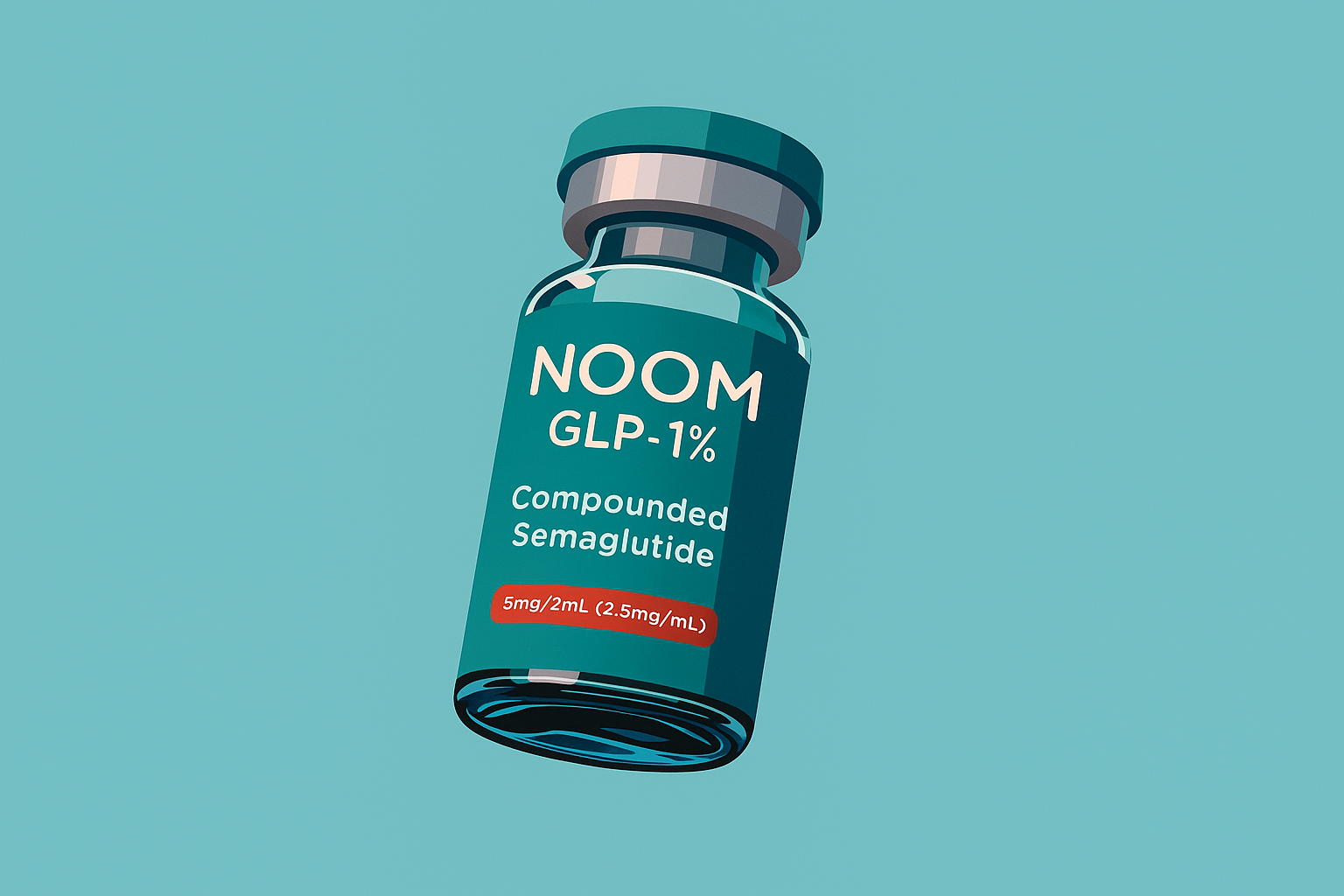Hey team,
Okay, we need to talk about something that a lot of coaches are pretending isn't happening. GLP-1 medications. Ozempic. Wegovy. Mounjaro. Whatever you want to call them.
What just happened: Noom launched a free tier of their app alongside their microdosed GLP-1 program. They brought on Rebel Wilson as a wellness ambassador. They're combining low-dose GLP-1s with 1:1 coaching, AI body scanning, and "microhabits" to normalize weight loss meds as part of a healthy lifestyle.
And they're not alone. Ro partnered with Serena Williams. WeightWatchers got Queen Latifah to talk about GLP-1s for menopause. Hims acquired compounding pharmacies (then got cut off by Novo Nordisk and kept going anyway). Every telehealth company is racing to build GLP-1 programs right now.
Here's what I'm seeing in my industry: About 30% of my clients are either on GLP-1s, considering them, or asking me about them. Six months ago? Maybe 5%.This isn't going away. And if you're a coach who's been avoiding this conversation or taking a hard stance against it, we need to talk.The
Uncomfortable Truth: Look, I get it. A lot of coaches have strong feelings about weight loss medications.
"People should just eat better and move more."
"It's a shortcut, and people won't learn the habits."
"Big Pharma is just trying to make money."
"What happens when they go off it?"
I've heard it all. And honestly? I had some of those same thoughts when this first started blowing up. But here's what changed my mind: my clients started using them anyway, with or without my support. And when I wasn't part of that conversation, they were getting advice from Reddit, TikTok, or their friend's cousin who "knows someone on Ozempic."
So I had a choice: stay on my high horse about how people "should" lose weight, or meet my clients where they are and help them do this as safely and effectively as possible.I chose the second option. And honestly? It's been one of the best decisions I've made for my business and my clients' outcomes.
What Noom Is Actually Doing Smart (And What You Can Learn From It):
1. They're Not Fighting the Tide, They're Riding It
Noom used to be all about psychology-based weight loss. "Just change your mindset and relationship with food!" But when GLP-1s exploded, they didn't double down on their old model. They pivoted. Hard.
Now they're positioning as the company that combines medication with coaching and behavior change. Smart move. Because the market already decided, GLP-1s are here to stay . Here's the parallel for you: You can either fight this trend and lose clients to coaches who are willing to work with them, or you can get educated and become the go-to person who helps clients navigate this safely. I'm not saying you have to prescribe anything (you can't anyway unless you're a doctor).
But you absolutely should understand how these medications work, what the side effects are, and how to adjust training and nutrition accordingly. When a client comes to you and says, "I'm thinking about starting Ozempic," the worst answer is "I don't support that" or "I don't know anything about it."
The better answer? "Let's talk about it. Here's what you need to know, here's how we'd adjust your program, and here's what to watch out for."Suddenly, you're not the coach they're hiding this from. You're the coach they trust to guide them through it.
2. Microdosing Is the Play (And It Reveals an Opportunity)
Noom's using compounded low-dose GLP-1s, not the full pharmaceutical doses. Why? A few reasons:
- Lower side effects (the nausea, vomiting, and digestive issues are dose-dependent)
- More affordable (compounded versions are way cheaper than brand-name)
- Easier to maintain long-term
- Pairs better with lifestyle changes
This is actually closer to how these medications probably should have been rolled out in the first place. The people losing 50 pounds in 6 months on full-dose Wegovy? They're also losing a ton of muscle mass, dealing with intense side effects, and often regaining weight when they stop because they never learned sustainable habits.
But microdosing combined with proper training and nutrition coaching? That's a different story.

